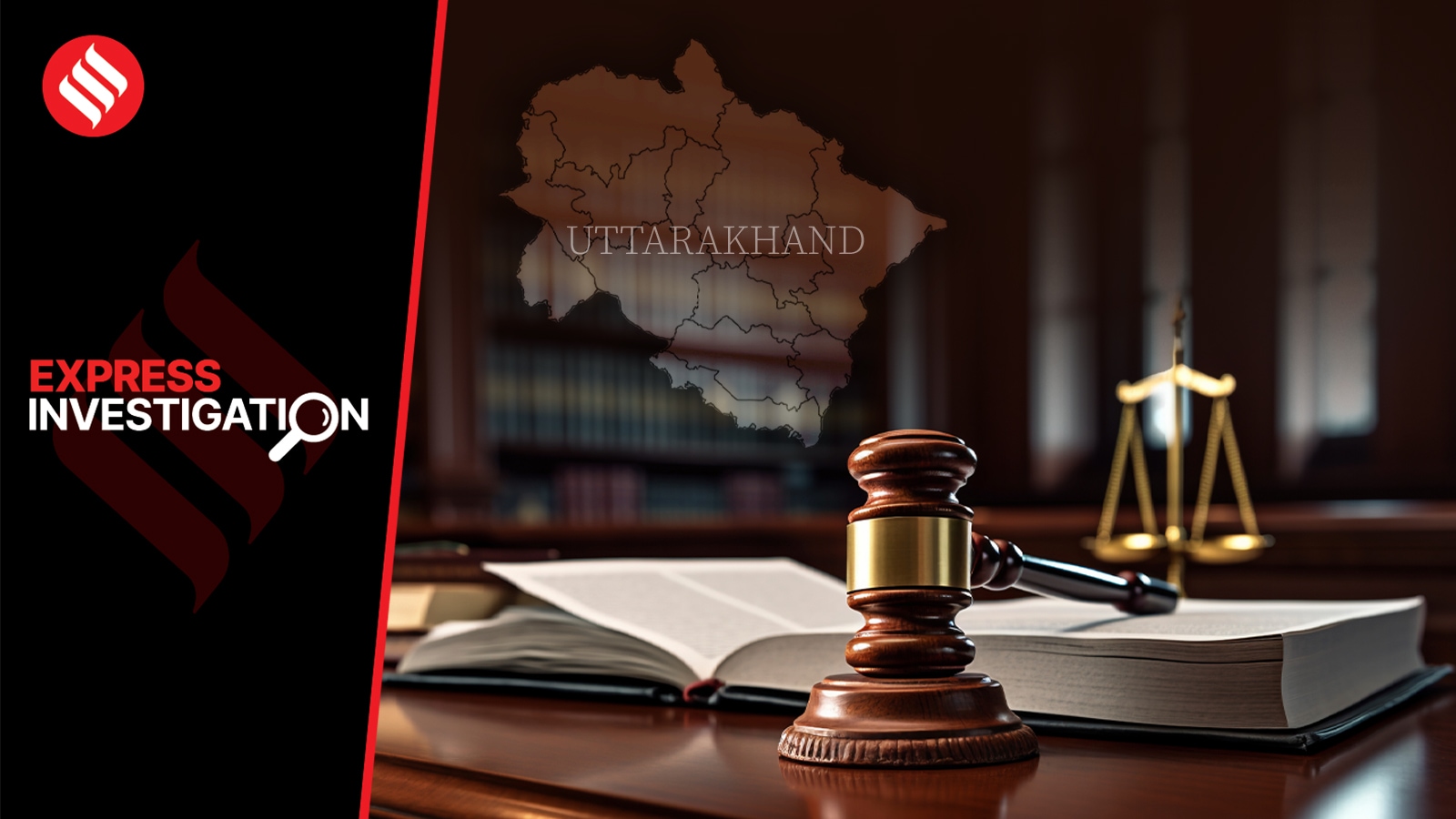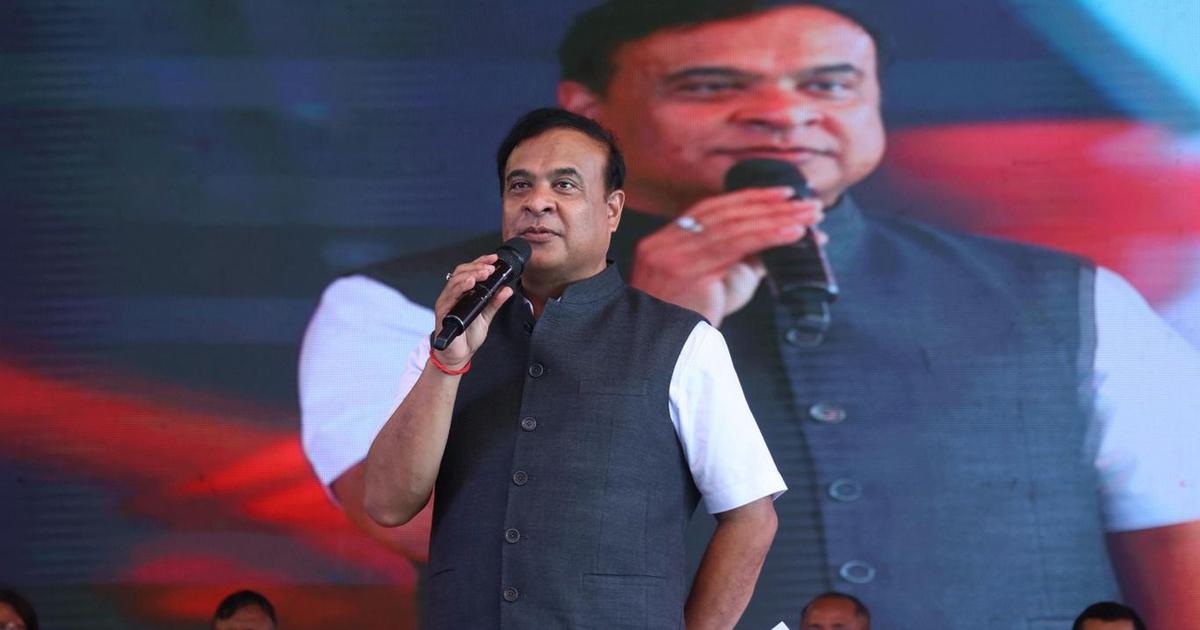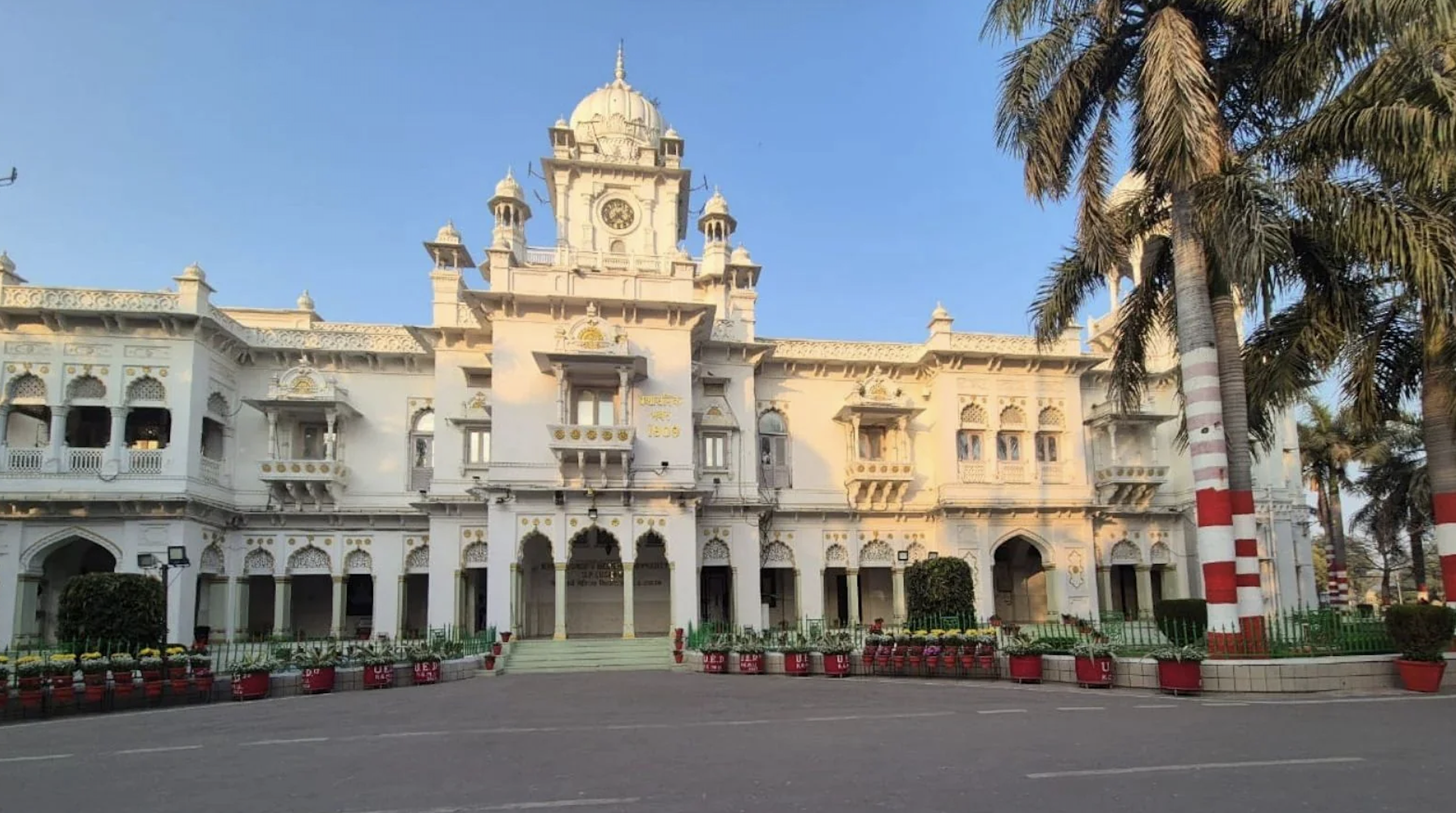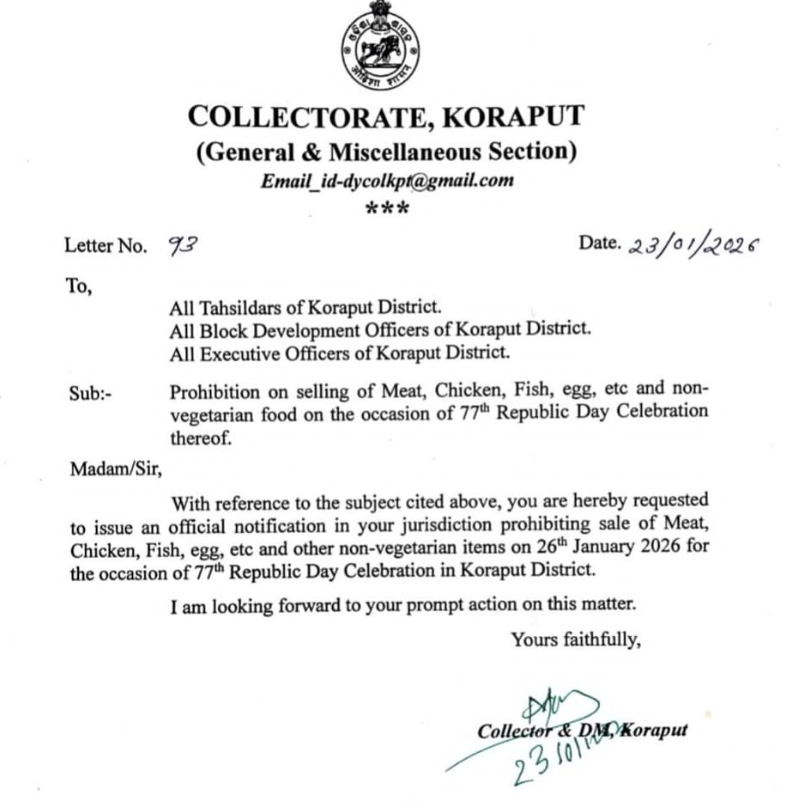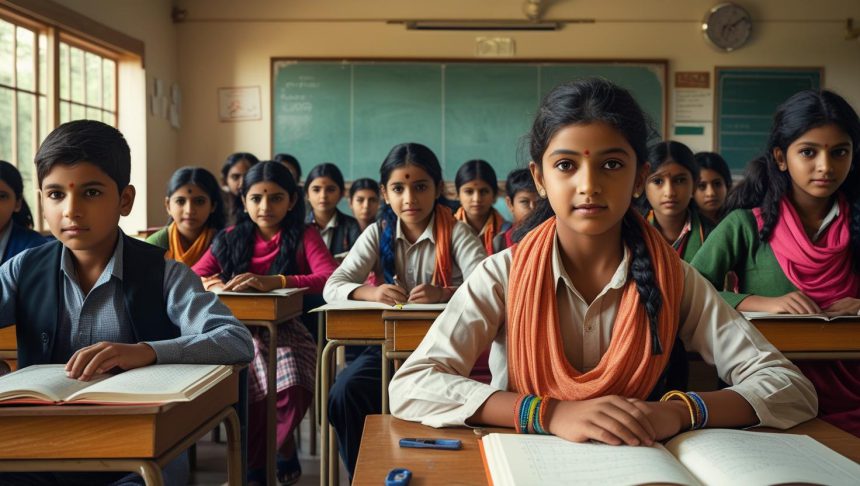
By Ghalib Shams
The Uttarakhand government has recently introduced the Minority Educational Institutions Bill 2025, positioning it as a step toward transparency and educational reform. However, the finer details of this bill tell a different story. In practice, it could significantly limit the autonomy of minority educational institutions, particularly Muslim madrassas and religious educational centers. This has raised concerns among Muslim leaders and social organizations, who view the bill as an infringement on the educational freedom of the new generation and a threat to religious liberties.
Since January 2025, the state has sealed 214 madrassas under the guise of “encroachments” and “reforms”. Furthermore, the Madrasa Education Board has been dissolved, and 452 madrassas have been asked to re-register, with unregistered madrassas facing closure. In this context, it is natural to question the government’s claims of promoting quality education and accountability.
Overview of the Bill
The Minority Educational Institutions Bill 2025 consists of 21 sections. Under this bill, both the Uttarakhand Madrasa Education Board Act 2016 and the Uttarakhand Non-Government Arabic and Persian Madrasa Recognition Rules 2019 will be repealed, effective from July 1, 2026. Educational institutions representing all minority communities, including Sikhs, Jains, Christians, Buddhists, Parsis, and Muslims, will be required to re-register, officially recognizing their minority status, and must obtain approval from the Uttarakhand State Authority for Minority Education (USAME).
Section 4(2) mandates the registration of all independent madrassas, meaning that institutions that have operated under the Dars-e-Nizami or Deoband curriculum for decades could face a loss of autonomy. This raises concerns: will institutions from the Deobandi, Barelvi, Ahle-e-Hadith, and Shia traditions be allowed to preserve their unique curricular identities, or will they be forced to adopt a standardized religious curriculum?
This story was originally published in beyondheadlines.in. Read the full story here.


